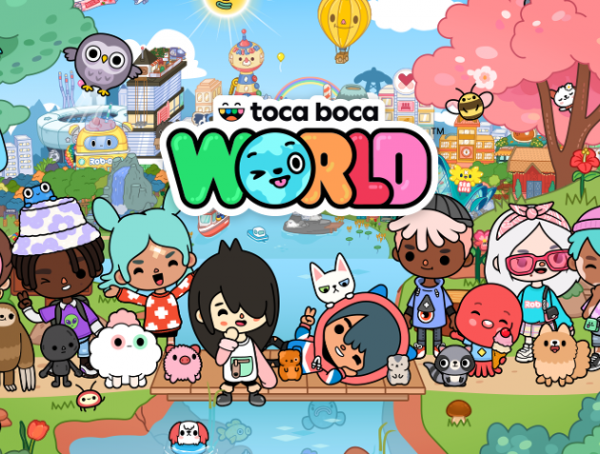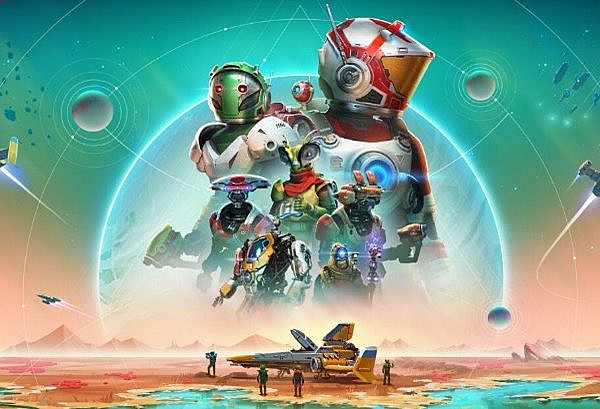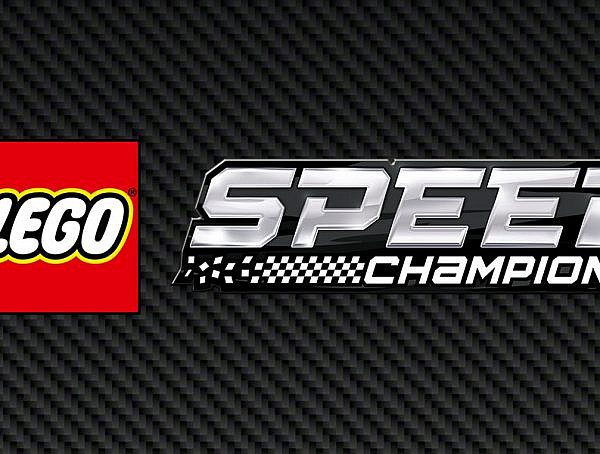The research shows how C² and #LEGOSeriousPlay method help to learn more about #projectmanagement
Silke Geithner and Daniela Menzel have studied how business simulation game called C² (Camshaft-China) can help students to learn project management skills more effectively than by traditional academic teaching methods. The game’s idea and the evaluation of the game is described in the article “Effectiveness of Learning Through Experience and Reflection in a Project Management Simulation” published in Simulation & Gaming Vol. 47(2) in 2016. C² is based on a real life project which is modeled to the game. The case is that students need to decide about a site-location and factory setup of an automotive supplier in China. Playing happens live in a seminar room via face-to-face role-playing situations. It uses LEGO Serious Play (LSP) method, which’s basic idea is to express your thoughts through hands-on modeling to other team members and monitor the landscape and factory ideas.
In total, 47 students participated in one of six two-day game sessions. The single-team had about 6–13 players and they choose their roles themselves. They reported their skill level before and after the game. In the room, there were all the required materials but a manual about the project case was given beforehand. The game situations were observed by facilitators. Even though the situation focuses on developing the conceptual knowledge about project management there’s also a chance to learn team working and participants’ other soft skills. The writers emphasize the three categories for mixture of skills in project management: 1) organizational and management competencies, 2) project management or technical competencies and 3) human skills, soft skills or behavioral competencies. In LSP model creation of LEGO model is only one part of the process. More important point is the storytelling via building so it encourages reflection and discussion so the participants can build the collective shared model.
Evaluation for the results had mixed method approach of quantitative and qualitative methods. The focus is in three mentioned skill sets and learner’s satisfaction, lessons learned, longer-term learning outcomes and in overall evaluation of the C² game. The results were really positive and students had learned a lot from their mistakes and found many ideas and suggestions for the future. They enjoyed the simulation and would recommend it to others. LEGO bricks helped the imagination and made possible to break routines. Weak points in the game were the time frame, missing information and how creativity was affected by challenging tasks. Simple guiding principles can be considered as key lessons learned about managing cross-functional projects. For the future study the possible ways to continue is how previous experience and diversity of participants influence the play experience. But overall the game is well-suited for coaching processes with real-life project teams.
Source: http://sag.sagepub.com/content/47/2/228.abstract
You might also like
More from Game Research Highlights
How do you want to do this? – A look into the therapeutic uses of role-playing games
Can playing RPGs contribute positively to your wellbeing? A recent study aims to find out how RPGs are being used …
Eldritch horrors and tentacles – Defining what “Lovecraftian” is in games
H.P. Lovecrafts legacy lives today in the shared world of Cthulhu Mythos and its iconic monsters. Prema Arasu defines the …
Are Souls Games the Contemporary Myths?
Dom Ford’s Approaching FromSoftware’s Souls Games as Myth reveals the Souls series as a modern mythology where gods fall, desires …















